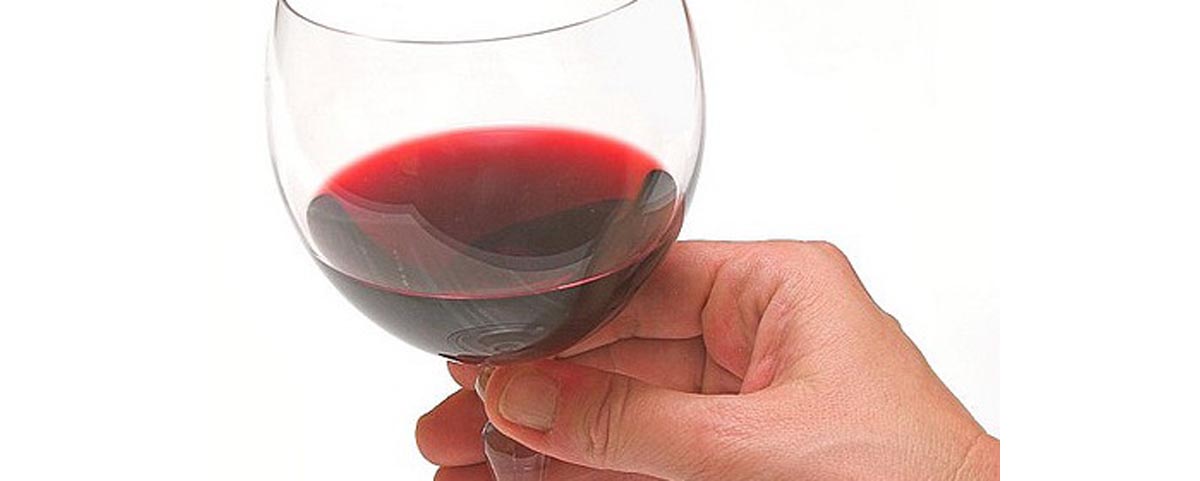
You may think that glass of wine or beer is going to help you sleep better. Well, better think again. A study by YouGov, which began in 2009, involved 2,000 surveyed participants. Researchers found that 58 percent of people are unaware that alcohol has a negative impact on sleep quantity and quality and half of those surveyed had fatigue the day after they drank more than their recommended limit.
Using alcohol to fall asleep is not a new concept. People have been having "night caps" for a very long time, and as a depressant, alcohol may indeed help you get to sleep faster — but the problem is, drinkers have trouble maintaining sleep. Alcohol generally acts as a sedative and a small amount actually will induce sleepiness. These beverages function as rapidly absorbed and relatively fast acting drugs that get to your brain within just a few minutes. The problem is, the drug metabolizes and its effects pass within a few hours. Dr. Enoch Gordis, M.D., a leading sleep expert with the National Institute of Alcohol Abuse and Alcoholism (NIAAA), tells us that alcohol use affects sleep in many ways and exacerbates existing health problems. “It can disrupt normal sleep patterns, resulting in increased fatigue and physical stress to the body,” he remarks.
Specialists warn that alcohol interrupts the sleep cycle and causes lighter sleep and abrupt nightly awakenings. Chronic use and abuse of the drug also leads to a tolerance effect, meaning more and more is needed to achieve the same sleep-inducing result, causing a myriad of health complications in the long run.
Alcohol disrupts the ‘REM’ stage of sleep, which is necessary for a restful, deep slumber. Another problem is frequent bathroom trips. Due to the diuretic influence of alcohol, there is an marked increase in urination and simultaneously a dehydrating effect. The brain slows the release of vasopressin, a necessary chemical used by the kidneys to reabsorb water that would otherwise end up in the bladder. Without this signal, the water does end up in the bladder, therefore making the drinker trot to the toilet; and since the urge to void your bladder will wake you up, that means disrupted sleep. This dehydrating effect causes headaches, as a consequence stemming from the inner lining of the skull.
There are many things you can do to kick the nightcap habit and get a good nights’ sleep. Develop a sleep routine that is consistent and regular. Try to maintain a regular sleep/wake cycle every night and wake up at the same time each day, including weekends. Exercise is an excellent stress reducer and helps initiate the sleep process. Avoid caffeine and nicotine, as these are stimulants that can disrupt your sleep routine. If you continue to struggle with sleep in the absence of alcohol consumption or if you cannot stop drinking and need professional help, talk with your healthcare provider and find out what your options are.
If you drink at night because you have a long-standing problem with insomnia, it is also a good idea to talk to your doctor. Both medications and therapy may help you achieve a more restless sleep without the need to self-medicate with alcohol.
- B.B.C. (2009). Drinkers ‘ignorant of sleep woes.’
- National Institute on Alcohol Abuse and Alcoholism Website. (2011).
- Rosenberg, R. (2011). How alcohol can ruin your sleep. Retrieved from TheHuffingtonPost.com, Inc.
- Photo courtesy of klauspost on Flickr: www.flickr.com/photos/klauspost/92783024/

